Biopython
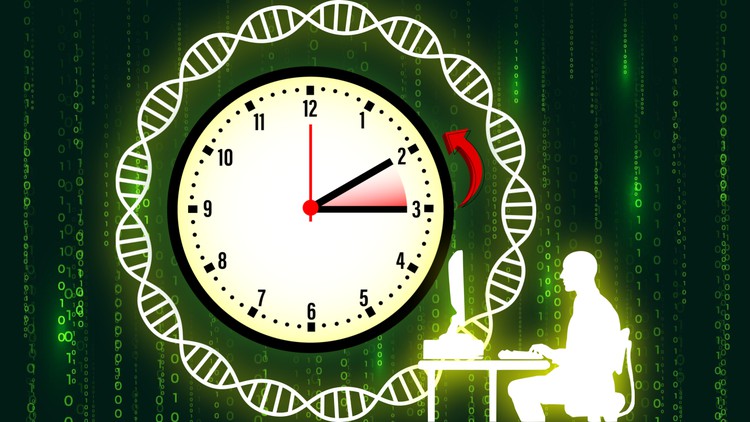
Why take this course?
🚀 Performing the Daily Tasks of Bioinformaticians with Biopython! 🧬💻
Course Content Overview:
This course is your gateway into the exciting world of bioinformatics, where programming and biology intertwine. It's divided into two comprehensive parts to ensure you have a solid foundation in both Python programming and Bioinformatics applications using Biopython.
Part 1: Introduction to Python Programming
- 📚 Python Basics: We'll start by setting up your environment with Python, PyCharm, and the essential Biopython library.
- ✅ Syntax Mastery: Get comfortable with basic Python syntax, variables, data types, and control structures.
- 🤝 Variables & Data Types: Understand the different types of variables in Python, from numbers and strings to complex data structures like lists, tuples, and dictionaries.
- 🧮 Operators Explained: From arithmetic to identity, we'll cover all the operator types you need to know.
- 🤔 Decision Making: Learn how to navigate different decision-making scenarios with "if", "elif", "else", and nested if statements.
- ❕ Loops & Iterations: Master writing and controlling loops in Python, including both while loops and for loops.
Part 2: Diving into Biopython
- 🌐 NCBI Database Interaction: Connect and query the NCBI database using tools like Einfo, Espell, Esearch, Esummary, Egquery, and Efetch to fetch biological data.
- 📜 File Management: Learn how to write, read, and convert files with seqio, focusing on the most common types of sequence files.
- 🧬 Sequence Manipulation: Get hands-on with Python for sequence manipulation, including slicing, searching, counting, and transformation of sequences.
- 🍺 Molecular Analysis: Perform simple analysis tasks such as GC content calculation, molecular weight computation, and examination of six reading frames.
- 🔎 Sequence Search Tools: Explore nt_search for in-sequence searches.
- 🔁 Pairwise Alignment: Understand the principles behind local and global alignments, work with results, and grasp matches and gaps.
- 📊 Multiple Sequence Alignment (MSA): Execute MSA, read results, and extract data for constructing phylogenetic trees.
- 🚀 Blast Implementation: Set up your own local database for Blast, understand how to implement it offline, and delve into the details of interpreting Blast results.
What You'll Achieve:
By the end of this course, you'll be equipped with the practical skills to perform a wide array of bioinformatics tasks using Biopython. You'll be able to interact with biological databases, analyze and manipulate sequence data, perform alignments, and much more!
Your Instructor: Ahmed Karam, M.Sc.
Ahmed Karam, with an M.Sc. in Computer Science and a specialization in bioinformatics, is your expert guide through this course. His passion for teaching and his expertise in the field will ensure you have both a comprehensive learning experience and a fun journey into the world of Bioinformatics!
Enroll now to embark on your adventure in bioinformatics with Biopython – where code meets biology, and your new career begins! 🌟
Course Gallery
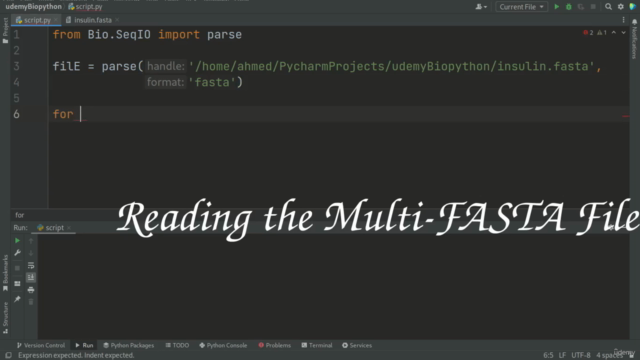
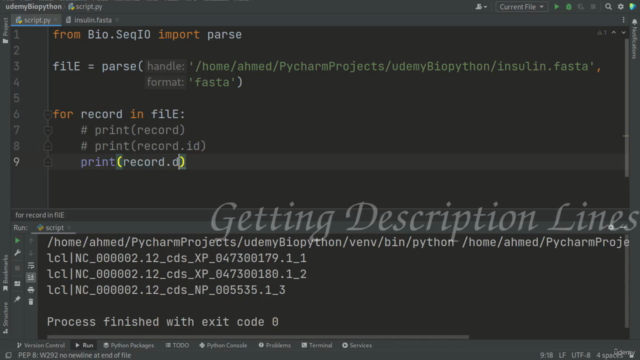
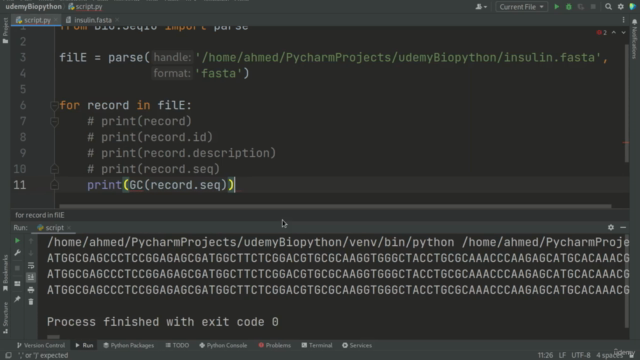
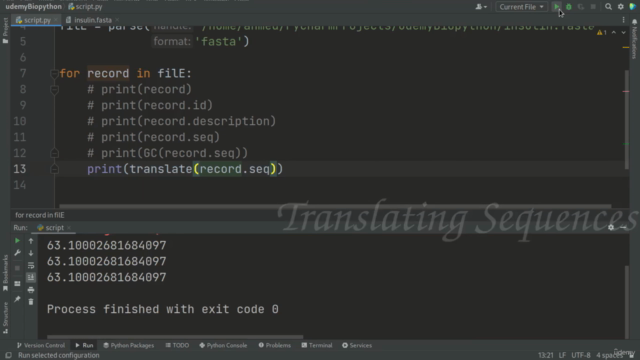
Loading charts...